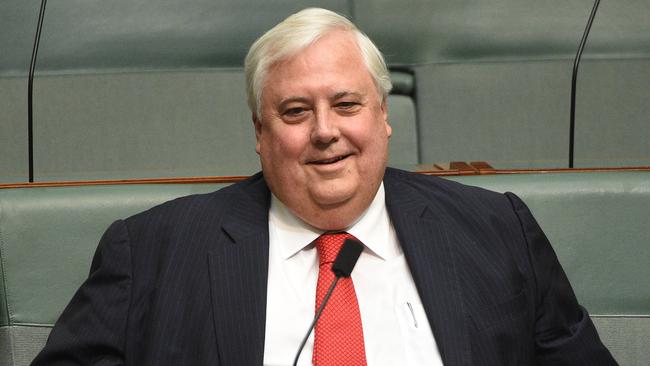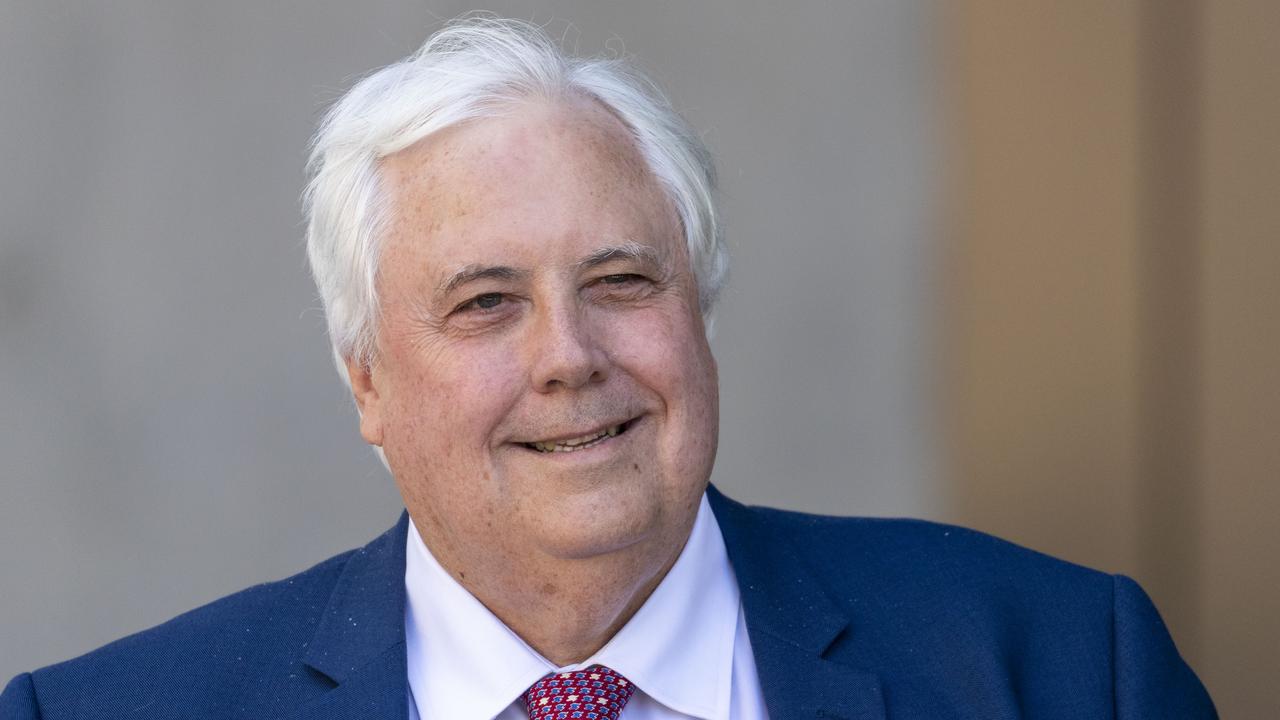Ernst and Young to be scrutinised over Queensland Nickel failure
Ernst and Young will be scrutinised for signing off on the finances of troubled Queensland Nickel.

Auditors Ernst and Young will be scrutinised for signing off on the finances of Clive Palmer’s Queensland Nickel in September last year, only for the company to fall into voluntary administration and sack 237 workers in January.
EY approved financial accounts for Queensland Nickel’s parent companies, QNI Resources Pty Ltd and QNI Metals Pty Ltd, in September, backing director Clive Mensink’s declaration that the companies would be able to pay their debts when they fell due. “At 30 June 2015, the group has minimal loans and borrowings payable to third parties totalling $25.3 million,” the financials of QNI Resources Pty Ltd state.
“On the basis of the above, the directors are of the opinion there are reasonable grounds to believe the group will be able to pay its debts as and when they fall due and payable.”
An audit opinion signed by Brisbane-based EY partner Kellie McKenzie on September 7 said the auditors believed the financial report gave “a true and fair view of the company’s and consolidated entity’s financial position as at 30 June, 2015, and of their performance for the year ended on that date”.
Queensland Nickel collapsed into voluntary administration last month, with debts of more than $100m, including $16m in redundancy entitlements owed to sacked workers.
Records show Mr Palmer’s Queensland Nickel group of companies paid EY $239,000 in the 2014-15 financial year, and $487,000 the year before, for audit work. In recent interviews, Mr Palmer seized upon EY’s declaration the refinery was “completely healthy and going fine in September last year” in response to criticism sparked by Queensland Nickel’s donation of more than $21m to the Palmer United Party in recent years.
Administrators routinely examine the actions of auditors in these situations. If it is found they acted unreasonably, legal action can be taken if the company falls into liquidation.
The Australian understands voluntary administrator FTI Consulting’s assessment of the auditors’ performance will be included in its creditors report, but no view has yet been formed.
University of Technology Sydney corporate law associate professor Jason Harris said lawsuits against auditors were rare but possible. “If the company went into liquidation then the liquidator could exercise any actions that the company could have brought, including a negligence action or a breach of contract claim against the auditors … these types of actions tend to result in settlements rather than concluded litigation,” he said.
In 2012, a PricewaterhouseCoopers partner was temporarily banned from audit work after approving property group Centro’s flawed 2006-07 financial accounts.
An EY spokeswoman said the firm did not comment on individual clients.



